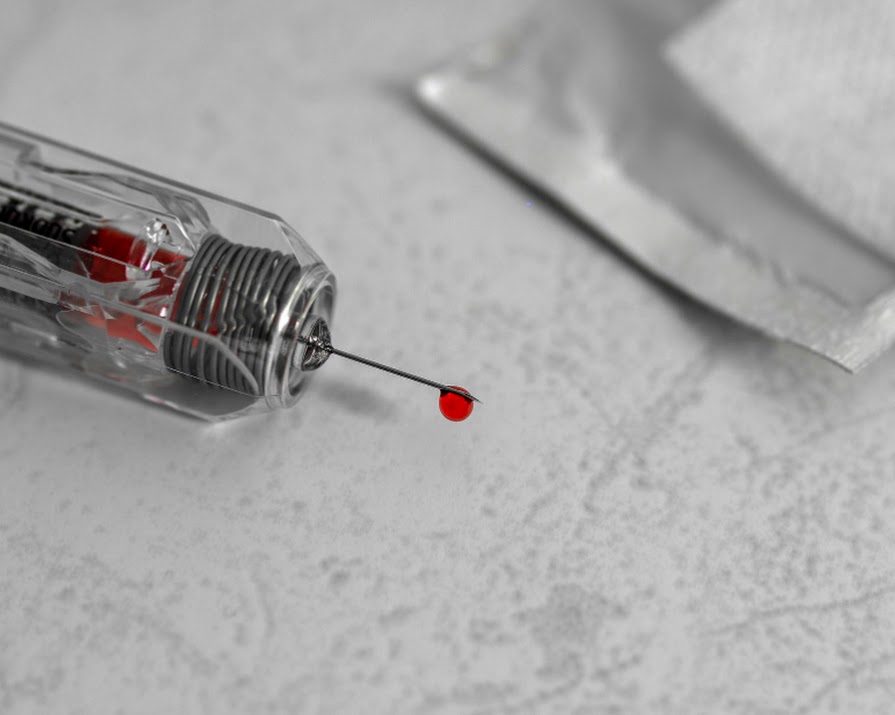
This blood test can predict your likelihood of dying in the next five years. Would you take it?
By Amanda Cassidy
23rd Aug 2019
23rd Aug 2019
Scientists have developed a new blood test that can predict your chances of dying within the next five or ten years. Researchers identified 14 molecules in blood that are associated with dying from any cause. Some don’t like the idea of dicing this close with their mortality but wouldn’t it encourage us to adopt healthier lifestyles?
Every year around my birthday I do a full health check. Blood pressure, blood work, mole check, eye test… the works. It is a way of staying on top of my health in order to stick around as long as I can on this mortal coil. But now a definitive test has taken some of the guesswork away. So why are so many afraid of it? Wouldn’t you like to know how close you are to death’s door? To either put your affairs in order, make the most of your time or start cutting out the sugar and hitting the gym?
For some, the idea is horrifying but there are huge benefits to knowing when and if you are about to kick the bucket. Doctors, for example, could get a clearer picture of, say, an elderly person’s risk of death which could influence the type of medical treatment they get. High scores might dissuade them from going ahead with a risky operation.
Medical advances are all about garnering more information to make better decisions about your health. But how exactly does it work?
Biomarkers
The researchers collated the results of blood tests and health information from biobanks around the world on those aged between 18 to 109. About 44 thousand people took part in the study. 5 thousand of those died during follow up for that study. Then, the scientists matched which biomarkers were related to potential mortality and tested those assumptions on people of different ages.
“We want to tackle the vulnerability of people’s health that is hidden and that doctors cannot see from the outside.”
According to the study published in the Nature Communication journal, the team discovered 14 markers that alone are associated with mortality in people of all ages. Some indications relied on things like glucose levels, radio of polyunsaturated fats to total fatty acids. When all the data was put into a model they discovered that these new 14 biomarkers can predict five and ten-year mortality risk better than any other conventional risk factors.
The researchers point out that these biomarkers are “only a fraction of the metabolites in the human serum”, this means that with more advanced systems they can pinpoint those predictors even more accurately. Dr Slagboom, who was involved in the study, said this information is ultimately designed to help rather than scare; “We want to tackle the vulnerability of people’s health that is hidden and that doctors cannot see from the outside.”
Ethics
Of course, it also raises ethical issues such as how our behaviour would change if we knew we were likely to die in the coming decade – especially if you are young. But scientists feel that information is power and in this case, power over your health if there are lifestyle changes you can make to improve those factors.
They say that nobody can predict the future but perhaps, those advances such as this, we finally can.























